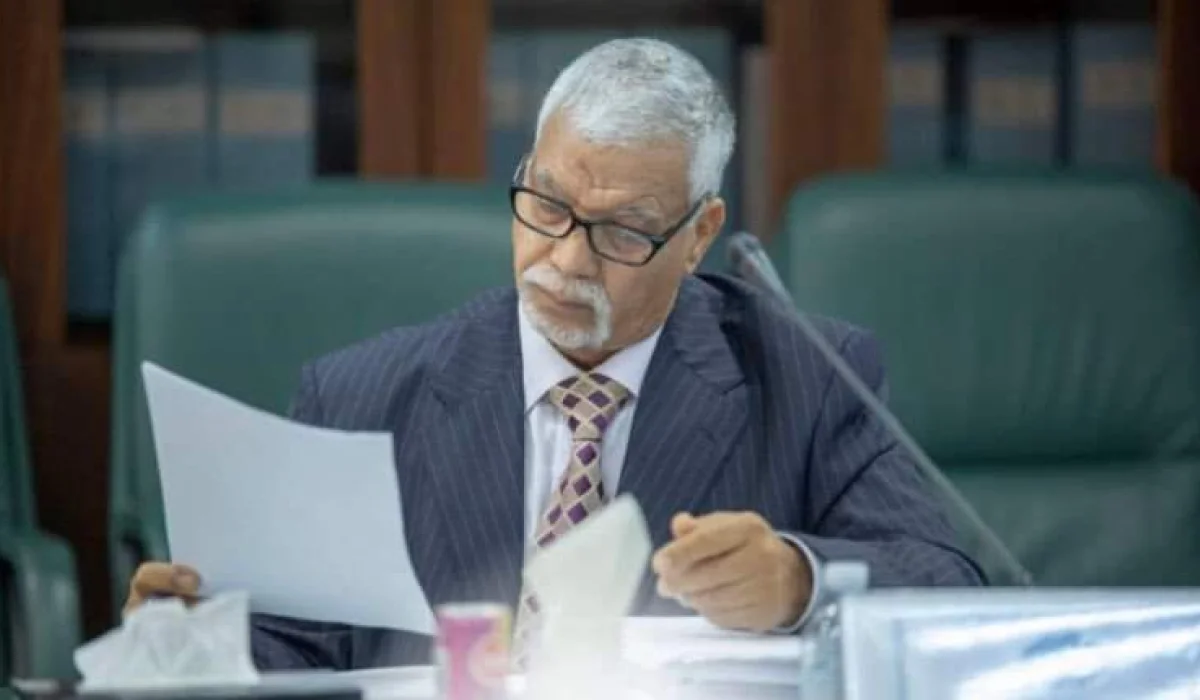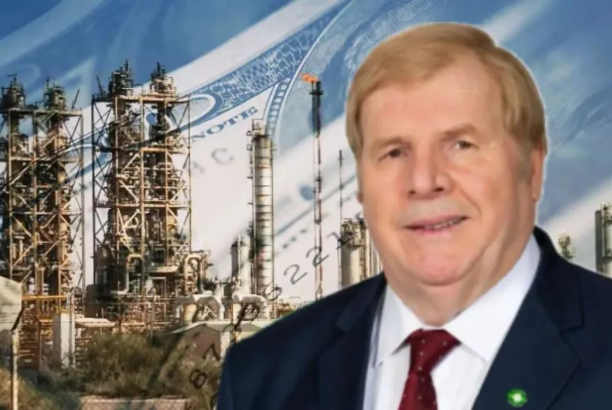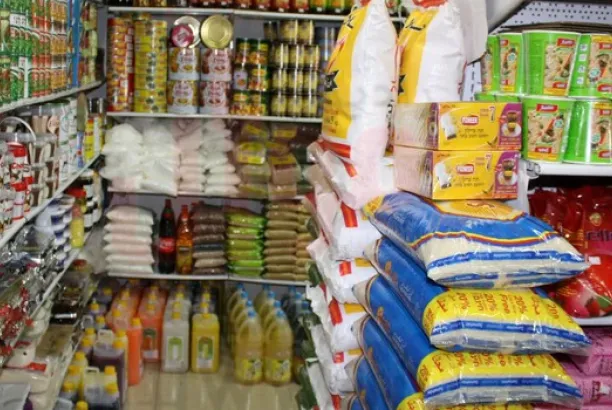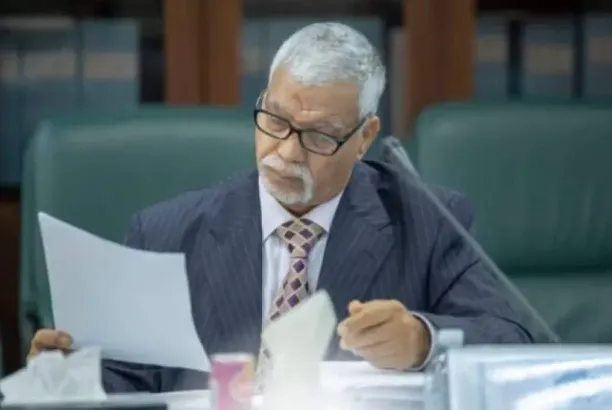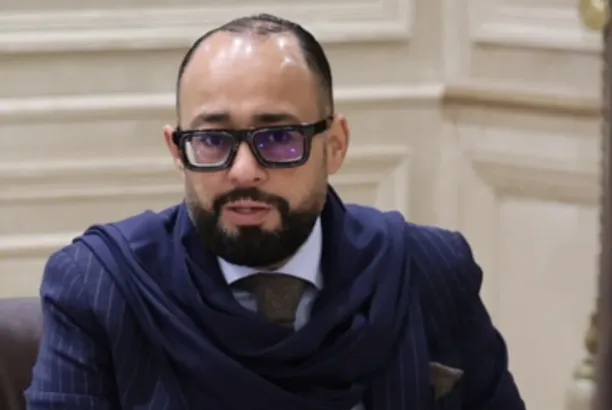The economic expert Ibrahim Wali authored an article discussing the Central Bank of Libya, emphasizing that the institution is far more than just a governor, deputy governor, and staff. It represents a collective of minds with scientific knowledge and extensive expertise in monetary, economic, commercial, and legal matters. Operating as a structured institution, the bank possesses wide-ranging powers and independence, enabling it to fulfill its purpose in line with global standards for central banks. This equips it to monitor and adapt to developments in central banking both locally and internationally.
Wali highlighted the increasing global trend toward ensuring the independence of central banks, particularly when coupled with patriotism and competence. He underscored the importance of merit-based appointments in central banks, devoid of the scourge of nepotism, selecting individuals with comprehensive knowledge and extensive experience in banking, especially in central banking operations.
He also stressed that expertise in other economic, monetary, financial, and legal areas is essential. Globally, central bankers view managing a central bank as an art form, requiring not only knowledge but also inherent talent honed through learning and experience. This blend of talent, independence, and informed decision-making has been the cornerstone of the success of renowned central banks, whose decisions and announcements are closely monitored by millions worldwide.
Unfortunately, Wali lamented, since the Central Bank of Libya was stormed by military forces, it has become a playground for opportunists, power brokers, and fraudsters. The bank, once a pillar of the Libyan banking system, has lost its prestige and respect. This decline is not limited to the institution itself but extends to its governor, board members, and employees, who face immense pressures and threats from those who disregard banking laws and the objectives of the Central Bank.
He argued that it is time to free the Central Bank of Libya from these intrusions and government interference, while ensuring harmony and coordination among monetary, fiscal, and trade policies. He specifically criticized the “dormant Ministry of Economy” and called for monetary policies that align with broader economic goals.
Wali stressed the urgency of allowing the Central Bank to independently make decisions regarding the regulation of the banking profession, liquidity management, exchange rate monitoring, and the improvement of banking services for ordinary citizens.
Moreover, he advocated for reforming the Central Bank’s human resources systems, offering financial and non-financial incentives to attract top talent. Without such changes, Wali warned, the bank risks losing its governor, board members, employees, and the entire Libyan banking sector, potentially reverting to outdated and ineffective practices—a scenario he hoped to avoid.


